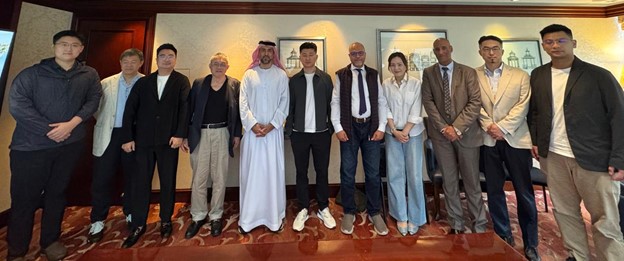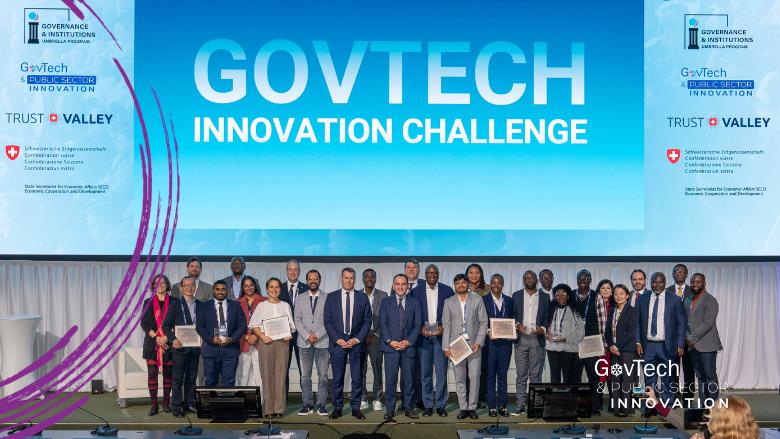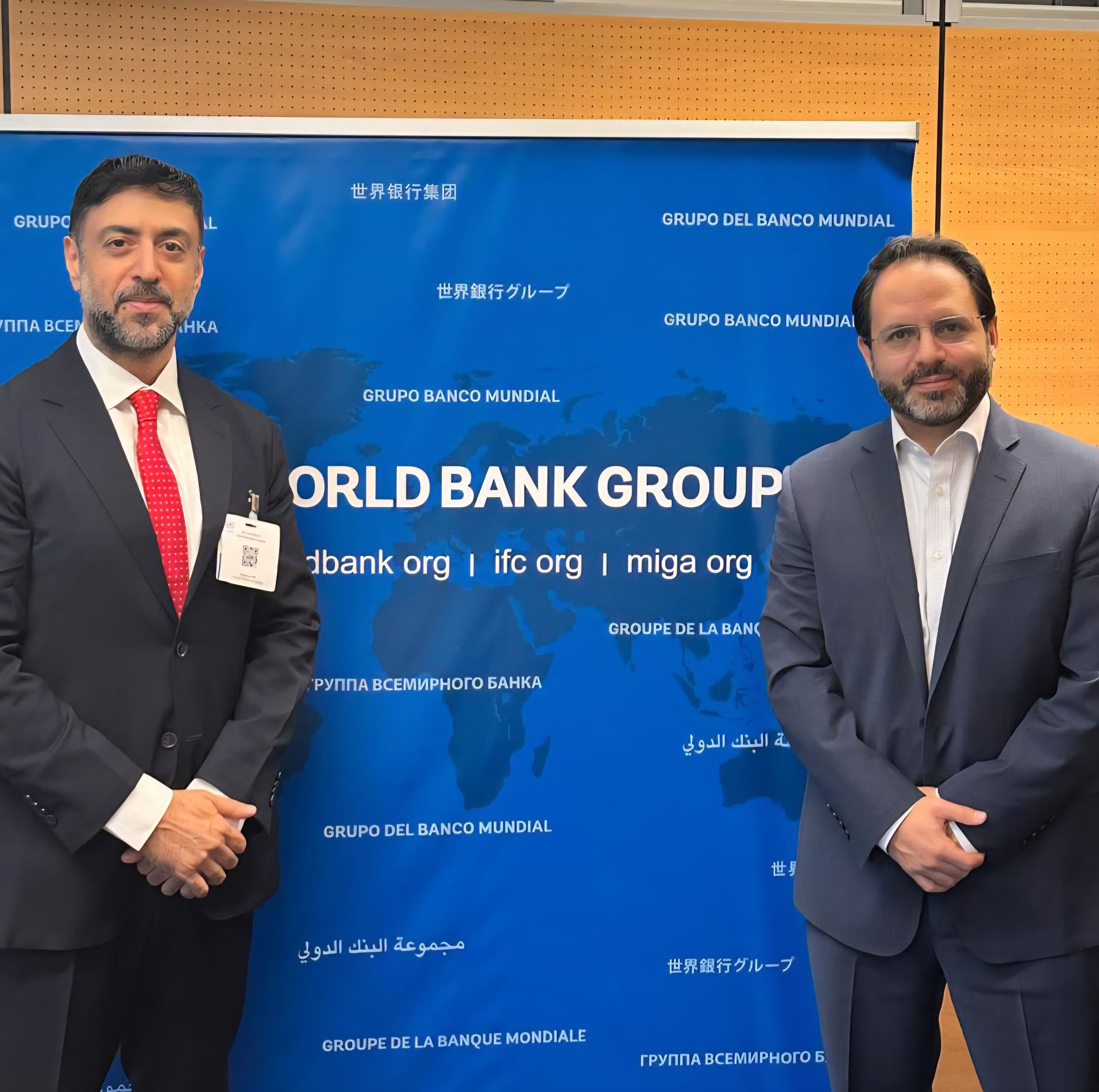Hong Kong
As part of its Asian tour aimed at building impactful and sustainable international partnerships in technology and the digital economy, the Arab Federation for Digital Economy conducted a series of strategic meetings in the People’s Republic of China. The meetings were attended by Dr. Ali Mohammed Al Khouri, Advisor to the Arab Economic Unity Council and Chairman of the Federation , and Dr. Ayman Ghoneim, Assistant Secretary-General, alongside the Federation’s regional office team in China, represented by Mr. Tang Tang and Mr. Jiet Dai.
These meetings aimed to explore opportunities for cooperation in artificial intelligence, smart cities, and digital financial infrastructure, in line with the “Arab Digital Economy Vision,” contributing to the development of advanced technological ecosystems that meet the sustainable development needs of Arab countries.
Geospatial Solutions for Cybersecurity and Smart Infrastructure
In the first meeting, the Federation’s delegation met with Dr. Brian Lin, Executive Vice President of UniStrong Science & Technology Co., Ltd., a Beijing-based company founded in 2004 specializing in navigation and precision positioning systems. The discussion focused on geospatial security technologies and digital twinning, which are applied in smart transportation, emergency management, defense, and precision agriculture.
The two parties discussed the potential application of these solutions to protect critical infrastructure in Arab countries and agreed to prepare a joint study to identify the best possible applications within the Arab context, enhancing national and institutional security using advanced technologies.
They also explored secure geospatial connectivity and digital site modeling, agreeing to develop a joint study of use cases to elevate national and institutional security through smart technologies.
Data-Driven Smart Cities
In a second meeting, the delegation met with Mr. John Lai, Program Director of the BeiDou Navigation Satellite System project, and Mr. Frankie Chung, CEO of Cybernaut, a company specializing in smart city development.
Currently, the BeiDou network consists of over 60 satellites, providing location services with up to five-meter accuracy. These services are widely used in autonomous transportation, traffic management, airports, ports, and smart city buildings, via its popular AMAP mapping and navigation application, one of the leading map apps in Asia.
The two sides discussed opportunities for developing smart geospatial infrastructure to support autonomous vehicles, traffic management systems, and the Internet of Things, with a focus on technology transfer and localization in Arab countries. The Chinese side expressed full readiness to support the Arab–Chinese partnership model proposed by the Federation, through joint projects aimed at building local capabilities and developing region-specific solutions.

Stable Digital Currency Backed by Strategic Assets
In another meeting attended by Mr. Fok Benjamin Chun Yu and several experts from the institute, the Federation’s delegation met with the Real World Asset Institute, a research center specializing in linking physical assets (such as gold, oil, and real estate) to digital financial systems and developing blockchain-based investment tools.
The institute highlighted international examples of issuing globally stable digital currencies backed by strategic assets like gold and oil, and the approaches to achieving international acceptance while meeting transparency and governance standards.
Both sides agreed to prepare a joint research study outlining a framework for developing a new digital payment system in the Arab region, characterized by monetary stability, low costs, high reliability, and complementing traditional currencies. Participants described the project as a transformative step that could reshape the digital economy landscape in the region, providing Arab countries with additional financial tools with genuine digital sovereignty.
A Strategic Vision for Building Digital Bridges
At the conclusion of the meetings, Dr. Ali Al Khouri emphasized that these initiatives mark a starting point for building strategic Arab–Chinese partnerships at the heart of the Fourth Industrial Revolution. He noted, “China is not merely a trading partner, but a source of technological and investment inspiration for the Arab world.”
He added: “We are not just building digital bridges between two regions; we are redefining the relationship between the present and the future. These projects carry economic and strategic dimensions and will fundamentally transform how assets are managed, exchanged, and protected.”











